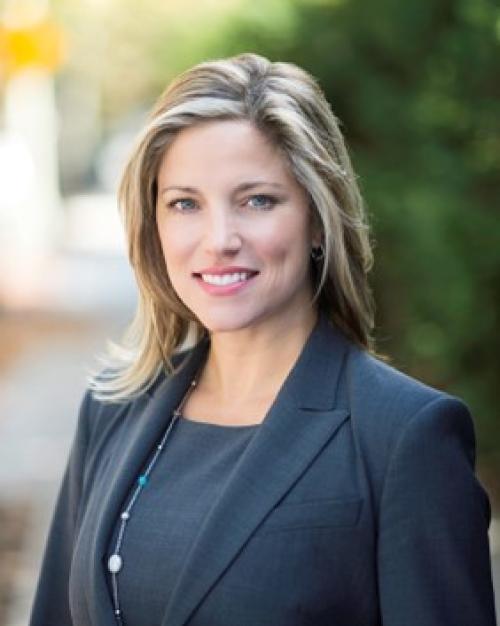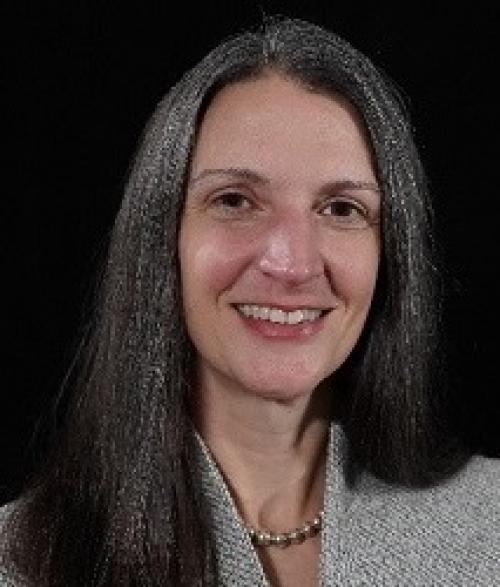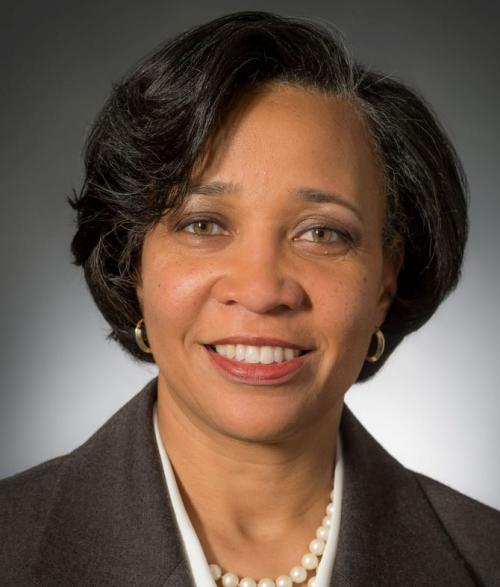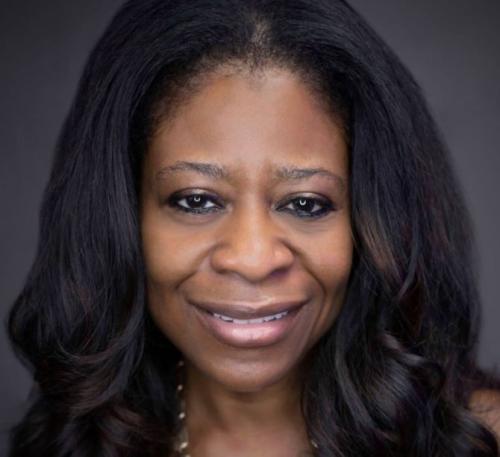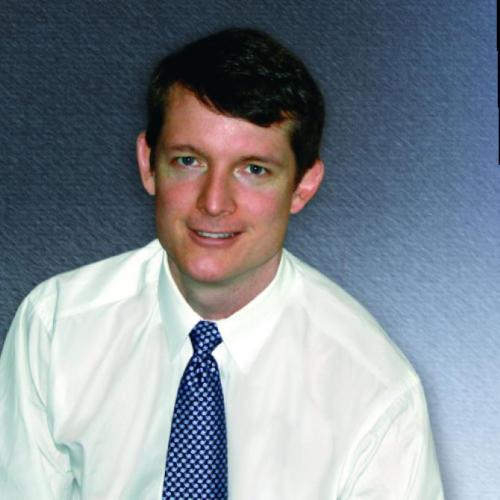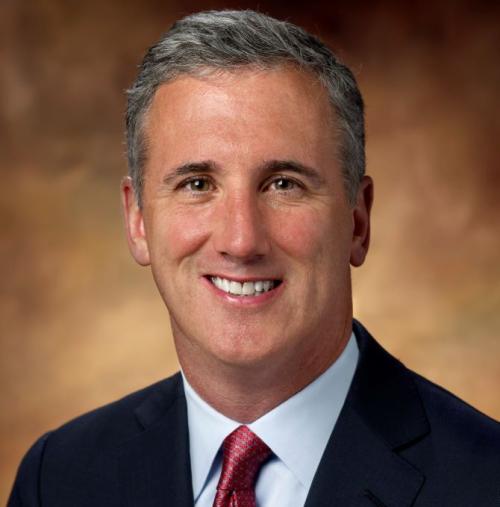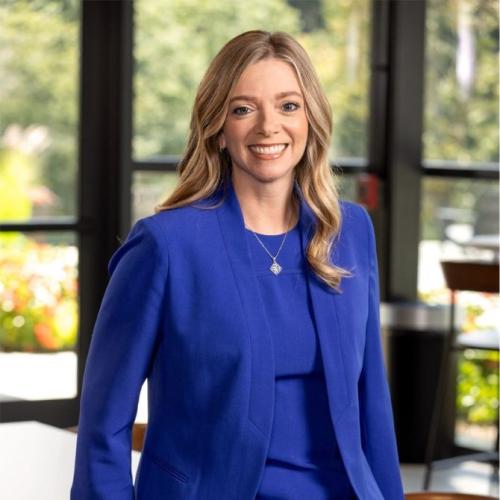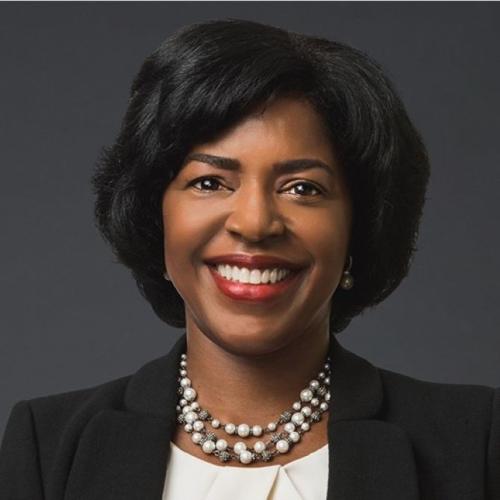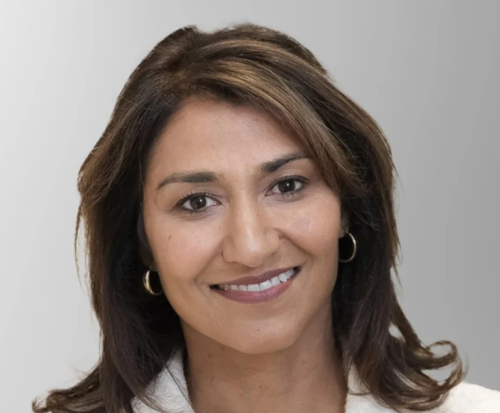Getting to know Ken Bertsch, the new CEO of the Society of Corporate Secretaries and Governance Professionals
There’s been no shortage of change in the corporate governance world in 2010, and while most attention has been focused on Washington, there was another important change that took place late in the year: the Society of Corporate Secretaries and Governance Professionals appointed Ken Bertsch to the position of CEO and president.
Bertsch replaces David Smith at the helm of the organization, which, now in its 84th year, is one of the oldest governance groups in the country. While Bertsch has been active in the governance world for most of his career, he could not be considered a Society insider, and may be new to many members. So who is Ken Bertsch.
As Bertsch is new to the organization, it will take him some time to familiarize himself with its inner workings and the specific challenges facing members. ‘I come at this as someone with a background in governance, but not in the specific work of the corporate secretary, so I have a lot of listening and learning to do’, he explains. ‘That said, I do see the Society as uniquely placed to advance good corporate governance, and as the main organization of practitioners dedicated to supporting corporate boards and making governance work.’
One of Bertsch’s main objectives will be to evolve the debate on governance and the relationship between boards and other major stakeholders. ‘In my view, there is too much polarization at the moment between institutional investor advocates and issuers, and I hope we can find more common ground on practical ways to enhance corporate governance,’ he says.
New perspectives
This attitude is likely to gain Bertsch significant support from within the ranks of the Society, but also from some of the major players in the proxy advisory and investment sectors. In fact, Bertsch’s background and tight links to the investment sector are likely to have a positive effect on his tenure at the Society by helping to broaden the experience of the leadership and bring new perspectives to the board. ‘Maybe my background on the investor side, both in research and in working for investing institutions, will help bridge some gaps,’ he states.
Bertsch joins the Society from Morgan Stanley Investment Management (MSIM), where he was head of corporate governance. MSIM operates a ‘boutique’ of varying investment teams that have substantial autonomy, but with certain shared approaches, including on proxy voting and governance. As Bertsch explains, most MSIM assets under management now and in the past have been with teams that invest based on fundamental company research, and that have relatively long investment horizons and relatively low portfolio turnover.
MSIM has had a distinct tilt toward value investing based on fundamental company research, at least until it sold much of its business to Invesco in June of this year. Investors using a value approach based on fundamental company research tend to have a greater concern with corporate governance even when they are not overtly activist (in the sense of waging proxy fights), in part because the causes of low valuations can relate to questions of management quality and/or misplaced strategic emphasis.
Prior to his time at MSIM, Bertsch was at Moody’s, where he worked with fundamental ratings teams that would rate corporate debt – he and his team were not involved in the rating of structured finance products that came to be the focus of so much controversy during the aftermath of the financial crisis, however.
‘Post-Enron, Moody’s wanted to revisit and sharpen its approaches to corporate governance, accounting and risk management in its fundamental corporate ratings businesses,’ Bertsch explains. ‘We started with a blank slate and decided to talk with all larger US issuers of debt, rather than focusing only on those perceived as problematic. Depending on the access provided, we spoke with the CEO, the chief governance officer, one or two corporate directors (usually including the audit committee chair) and, depending on the company, sometimes certain other officers. This was a terrific experience as we were able to review a wide range of practices and develop a sense of the look and feel of good governance. In approaching governance issues, we considered more quantitative approaches and carried out a few interesting studies with our quant team, but we decided that the study of governance mainly involves qualitative questions.’
Global governance
Although the primary focus of Moody’s in the period since 2002 in terms of corporate governance practices was on US issuers, Bertsch was able to work on a number of foreign analyses including some ‘in-depth governance reviews on western European companies and some businesses in Russia, where governance questions were at the forefront.’
It was at the Investor Responsibility Research Center (IRRC), where he played a variety of roles over 14 years, that Bertsch cut his governance teeth. ‘I had the privilege of interacting with corporate secretaries from the time I joined in 1980, and learned quickly what a great group of people they are,’ he recalls. ‘Corporate secretaries tend to be problem solvers, and also tend to be fairly low-key and direct.’
After leaving the IRRC, Bertsch found a home at pension fund TIAA-CREF. ‘My job there was to head up our corporate assessment program, and my staff consisted of two retired CEOs: former Harris Bank chairman and CEO Kenneth West, and former Brown Shoe chairman and CEO Dolph Bridgewater,’ he says. ‘We would engage with US companies on a range of governance issues, including board independence, shareholder rights and prerogatives, and executive compensation. Ken and Dolph were the big guns who would talk with CEOs and engage them in some difficult conversations, including situations where too much power seemed to be concentrated in the hands of the CEO, and instances where we questioned CEO pay arrangements.’
On the move
November proved to be a busy month for Bertsch, who in addition to preparing for the transition to his new job at the Society, moved from his home in Norwalk, Connecticut to a new place in New York City. He is originally from Grand Rapids, Michigan, but lived for 23 years with his long-term partner in the small town of Hawley, Massachusetts.
Bertsch boasts a well-rounded and varied education. He gained a bachelor’s degree from Williams College, which interestingly is the arch-rival of his predecessor David Smith’s alma mater, Amherst College; Bertsch jokes that since accepting the Society job he has ‘received several emails from Williams grads who profess to be very pleased that the Society has now at last turned to Williams.’ During the mid-1980s he spent four years on a PhD program at the University of Massachusetts, ‘but alas, I lost patience before completion and returned to the IRRC in 1988.’ This would not be his last foray into higher education, however. During his time at TIAA-CREF he attended Fordham Law School, and received a JD in 2004.
Returning focus to his job at the Society, Bertsch states: ‘It is critical for me to support the legacy of a great organization and help it adapt to the many changes affecting the Society and its members, which range from technology to proliferation of regulations. I believe research and the facilitation of policy work have become more critical. Further advancing this work will no doubt be a priority for me as well.’
